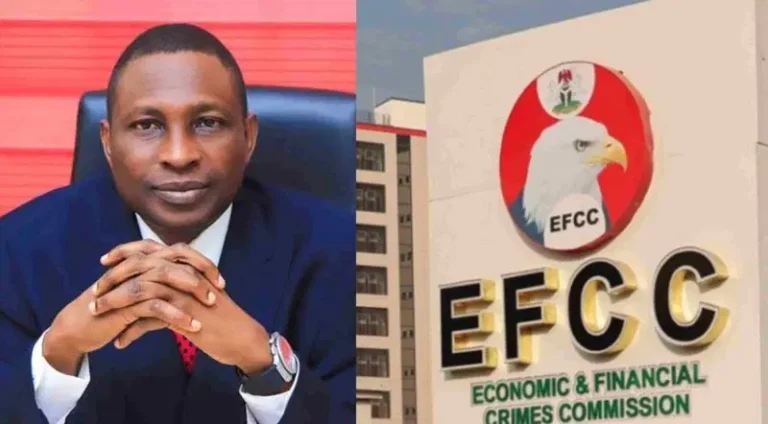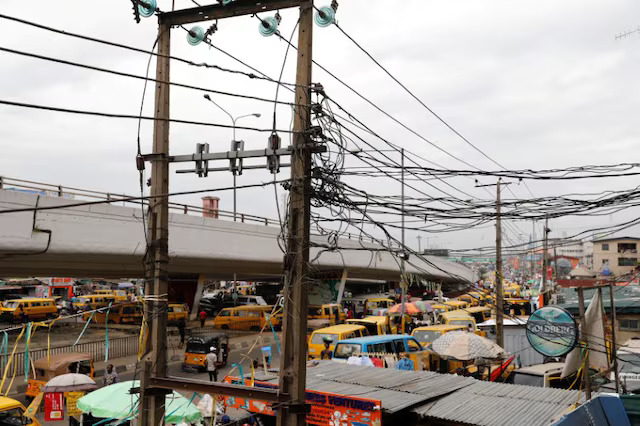The Executive Chairman of the Economic and Financial Crimes Commission (EFCC), Ola Olukoyede, has raised concerns over the evolving nature of internet fraudsters, widely known as Yahoo Yahoo boys.
He revealed that these criminals have expanded their activities beyond online scams to include more serious crimes such as kidnapping, ritual killings, and arms trafficking.
Olukoyede made this statement on Thursday, 13th February 2025, during a visit from the management of Punch at the EFCC’s headquarters in Abuja. He highlighted the devastating financial losses caused by internet fraud, estimating that Nigeria lost over $500 million in just one year due to these fraudulent activities.
“We are doing the work,” Olukoyede explained. “Last year alone, we had over 11,000 petitions, investigated close to 9,000, and prosecuted nearly 5,000 cases despite our limited manpower. Some people criticise us for going after Yahoo Yahoo boys, but they don’t understand the severity of the crime.”
Olukoyede stressed that internet fraud had now evolved into more dangerous criminal activities. “It is no longer just about scamming people. They are now into kidnapping, banditry, and ritual killings. Some of our investigations have uncovered horrifying details, including cases where young female victims were used for rituals. If we don’t act decisively, in the next 10 years, we may not have a generation we can confidently hand over this country to,” he warned.
The EFCC Chairman also addressed the issue of corruption within the agency, affirming the commission’s commitment to internal reforms. Olukoyede revealed that, over the past year, 27 staff members had been dismissed due to corruption-related allegations.
“You cannot be fighting corruption and be corrupt yourself,” he stated. “I have publicly challenged anyone to come forward with evidence that I have collected bribes in my years of service. Integrity is key in this fight, and we must lead by example.”
Olukoyede called on the media to play an active role in shaping public perception of the EFCC’s efforts, urging for investigative journalism that not only highlights corruption but also acknowledges the commission’s successes.
“The media has always been a key player in the anti-corruption fight. In the early 2000s, before the EFCC was established, it was journalists who exposed many financial crimes. We need to return to that era where the media and law enforcement work together to protect the country,” he said.
Michael Nzekwe, the Chief of Staff to the EFCC Chairman, also recognised the important role of the media in raising awareness and driving advocacy. He called for enhanced collaboration between the commission and the press.
“The media is a critical partner in this fight,” Nzekwe remarked. “The advocacy and awareness you create have helped sustain the anti-corruption movement in Nigeria. We ask for even more understanding in the way our work is reported. The fight against corruption is for the good of all Nigerians, not just the EFCC.”



